Guest post by Martín Cabrera y Marisa Jarquin, adapted from “First Guatemalans at the PFS,” Guate Libre (Oct. 15, 2025) (Spanish version)
Related:
- Sebastian Wang, “Bodrum 2025: Reflections on a Journey,” Libertarian Alliance [UK] Blog (Sep. 24, 2025)
- For other pieces by Wang summarizing many of the talks from PFS 2025, see PFS 2025 Annual Meeting—Speakers and Topics.
- other Press & Offsite Material
Other photos available at:
- PFS 2025 Annual Meeting
- Stephan Kinsella, PFS 2025: Photos and Memories
- Juan Fernando Carpio, PFS 2025: Cozy, Inspiring, Invigorating: My Thoughts on This Year’s PFS Meeting
First Guatemalans at the PFS
Members of Guate Libre at the PFS
Martín Cabrera y Marisa Jarquin
The Property and Freedom Society is an organization founded in 2006 by the libertarian philosopher and Austrian School economist Hans-Hermann Hoppe. Every year, Hans Hoppe and his wife Gulçin Imre Hoppe are the excellent hosts of a meeting held at the Hotel Karia Princess in Bodrum, Turkey. This event, highly restrictive and somewhat small, has an enormous impact, and its importance surpasses that of any other event of its kind, as it brings together the best and most radical Austro-libertarians from around the world. In fact, it is precisely because the event is closed that it maintains its essence, and it is thanks to its uncompromising radicalism (frequently criticized by those who do not understand the ideas, for whom these are subsidiary to their economic and political interests) that long-term victory is possible. An organization as radical and uncompromising as this is indispensable in a context of constant threats posed to the libertarian movement by classical liberal groups and left-libertarians.
Opening Declaration from the Inaugural Meeting: Bodrum, Turkey, May 2006
The Property and Freedom Society stands for an uncompromising intellectual radicalism: for justly acquired private property, freedom of contract, freedom of association—which logically implies the right to not associate with, or to discriminate against—anyone in one’s personal and business relations—and unconditional free trade. It condemns imperialism and militarism and their fomenters, and champions peace. It rejects positivism, relativism, and egalitarianism in any form, whether of “outcome” or “opportunity,” and it has an outspoken distaste for politics and politicians. As such it seeks to avoid any association with the policies and proponents of interventionism, which Ludwig von Mises had identified in 1946 as the fatal flaw in the plan of the many earlier and contemporary attempts by intellectuals alarmed by the rising tide of socialism and totalitarianism to found an anti-socialist ideological movement. Mises wrote: “What these frightened intellectuals did not understand government was that all those measures of interference with business which they advocated are abortive. … There is no middle way. Either the consumers are supreme or the government.” (“Observations on Professor Hayek’s Plan,” 1946)1
As culturally conservative libertarians, we are convinced that the process of de-civilization has again reached a crisis point and that it is our moral and intellectual duty to once again undertake a serious effort to rebuild a free, prosperous, and moral society. It is our emphatic belief that an approach embracing intransigent political radicalism is, in the long run, the surest path to our cherished goal of a regime of totally unfettered individual liberty and private property. In thus seeking a fresh and radical new beginning, we are hearing the old but frequently forgotten advice of Friedrich Hayek’s:
We must make the building of a free society once more an intellectual adventure, a deed of courage. What we lack is a liberal Utopia, a program which seems neither a mere defense of things as they are nor a diluted kind of socialism, but a truly liberal radicalism which does not spare the susceptibilities of the mighty…, which is not too severely practical and which does not confine itself to what appears today as politically possible. and influence and who are willing to work for an ideal, however small may be the prospects of its early realization. They must be men who are willing to stick to principles and to fight for their full realization, however remote. can make the philosophical foundations of a free society once more a living intellectual issue, and its implementation a task which challenges the ingenuity and imagination of our liveliest minds, the prospects of freedom are indeed dark. But if we can regain that belief in the power of ideas which was the mark of liberalism at its best, the battle is not lost.
❧
From the moment we arrived, we could sense the welcoming and familial atmosphere in the place. We received a warm welcome, and we immediately felt very comfortable with the attendees.
The lectures were very varied: pirates, Bitcoin, mileinomics, common law, universities, the Middle East conflict, revisionist history on war and its implications for the modern world, and much more. However, they all had one thing in common: they were presented by excellent anarcho-capitalist academics who possessed deep knowledge of their subjects. No one seeks to be politically correct: the goal is to speak the truth without filter and without regard for who it might offend. Hearing many of these academics in person, such as Hans Hoppe himself, was an unparalleled experience, compounded by the fact that they were all willing to delve deeper into the topics in discussions, whether in the Q&A sessions or privately in the social spaces.
Of course, the lectures were not the only incredible part of the experience. While a significant amount of time was dedicated to them, there was also plenty of time for socializing, where all the attendees, including the academics, could converse at length, get to know each other, and form friendships. Despite having many hours of socializing, there was so much to talk about that the days weren’t enough, and since we chatted until the early hours of the morning, sleep was scarce, though this didn’t diminish our energy for the next day. These spaces not only enriched us intellectually but also allowed us to get to know on a personal level those we already admired as academics, but now also as people, most notably Hans Hoppe himself, with whom we didn’t expect to converse so much. Other cherished memories include our excellent conversations with Guido Hülsmann, Stephan Kinsella, Alessandro Fusillo and his wife Domizia, Saifedean Ammous, Thomas DiLorenzo, and Jeff Deist.
One cannot overlook one of the most standout moments of the PFS, which was the boat activity, with a tour along the coast of Bodrum, enjoying the charm of the city and its people.
In short, the experience of attending PFS 2025 was incredible, both for its lectures and for the rest of the activities and the people who attended. As an organization, it is extremely important for being the most radical in promoting libertarianism, and a fundamental pillar for the movement, in addition to being a place to form friendships and connect with other libertarians around the world. There is nothing like the PFS, and we can only eagerly await next year’s event.

Martín Cabrera and Marisa Jarquin: The First Guatemalans in a PFS

Hans-Hermann Hoppe: Founder of the Property and Freedom Society


Thomas DiLorenzo: President of the Mises Institute

Jörg Guido Hülsmann: Austrian Economist

Alessandro Fusillo, Saifedean Ammous, Hans-Hermann Hoppe, Sean Gabb and Thomas DiLorenzo

Hans-Hermann Hoppe, Gülçin Imre Hoppe and Stephan Kinsella

Stephan Kinsella: Libertarian Lawyer and Writer
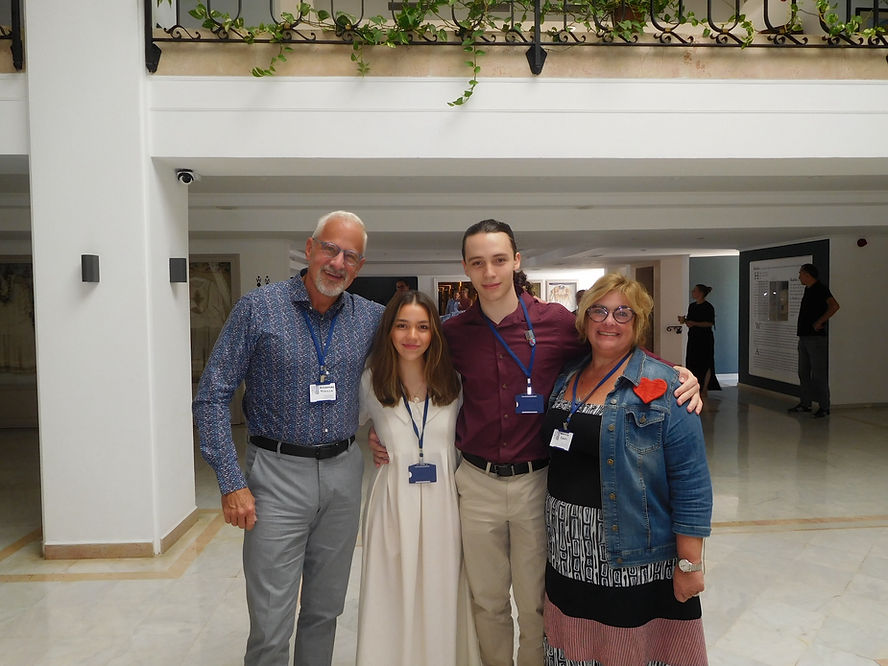
Alessandro and Domitia Fusillo
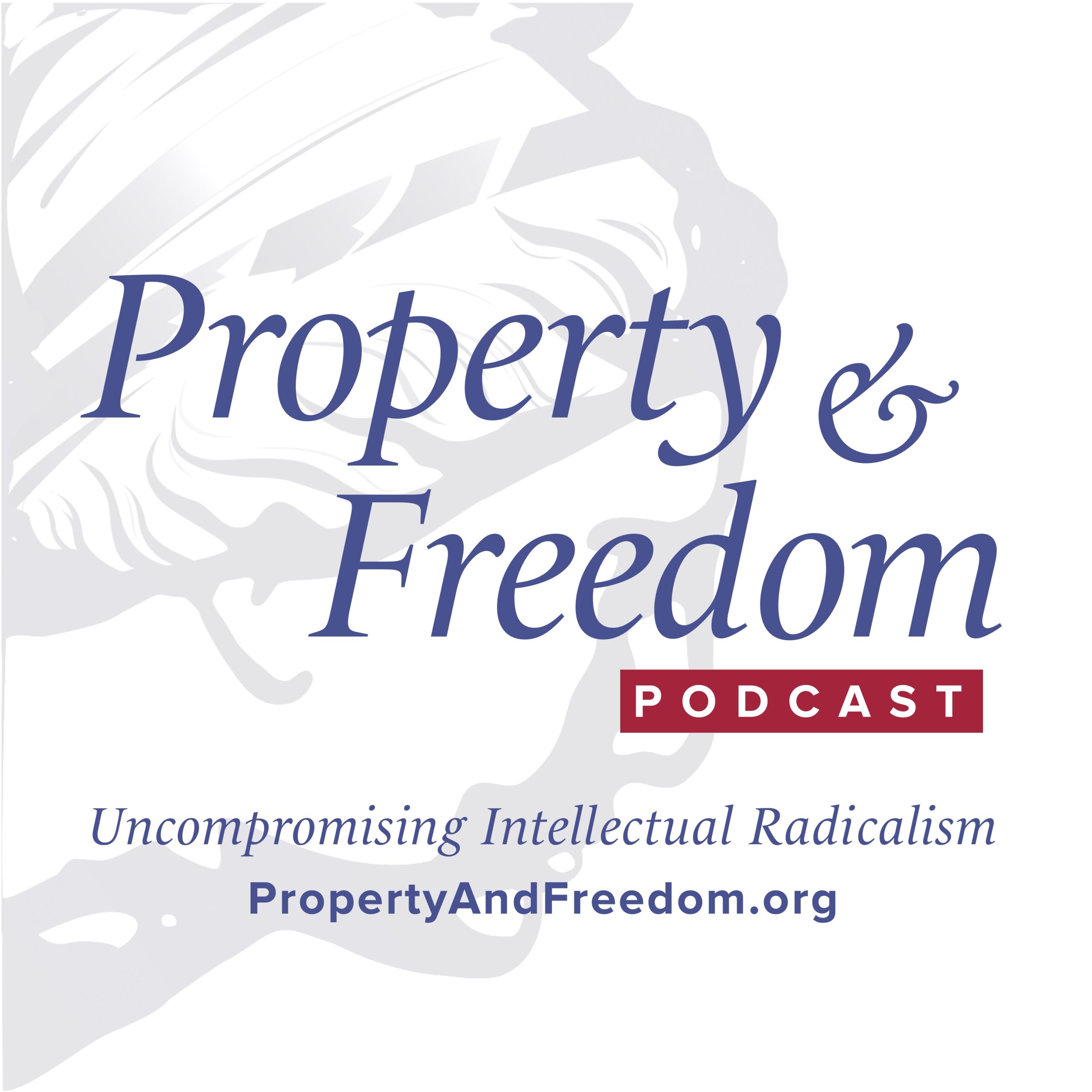

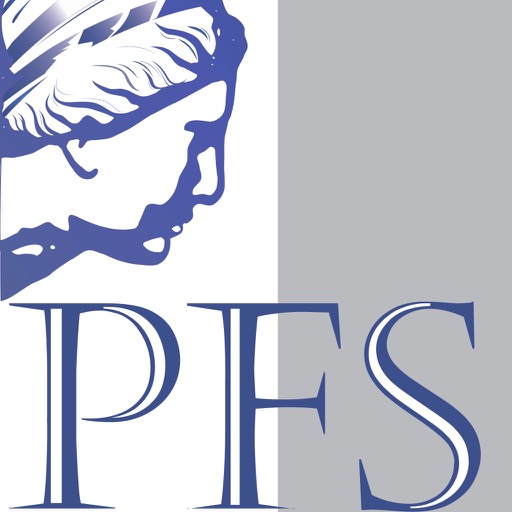
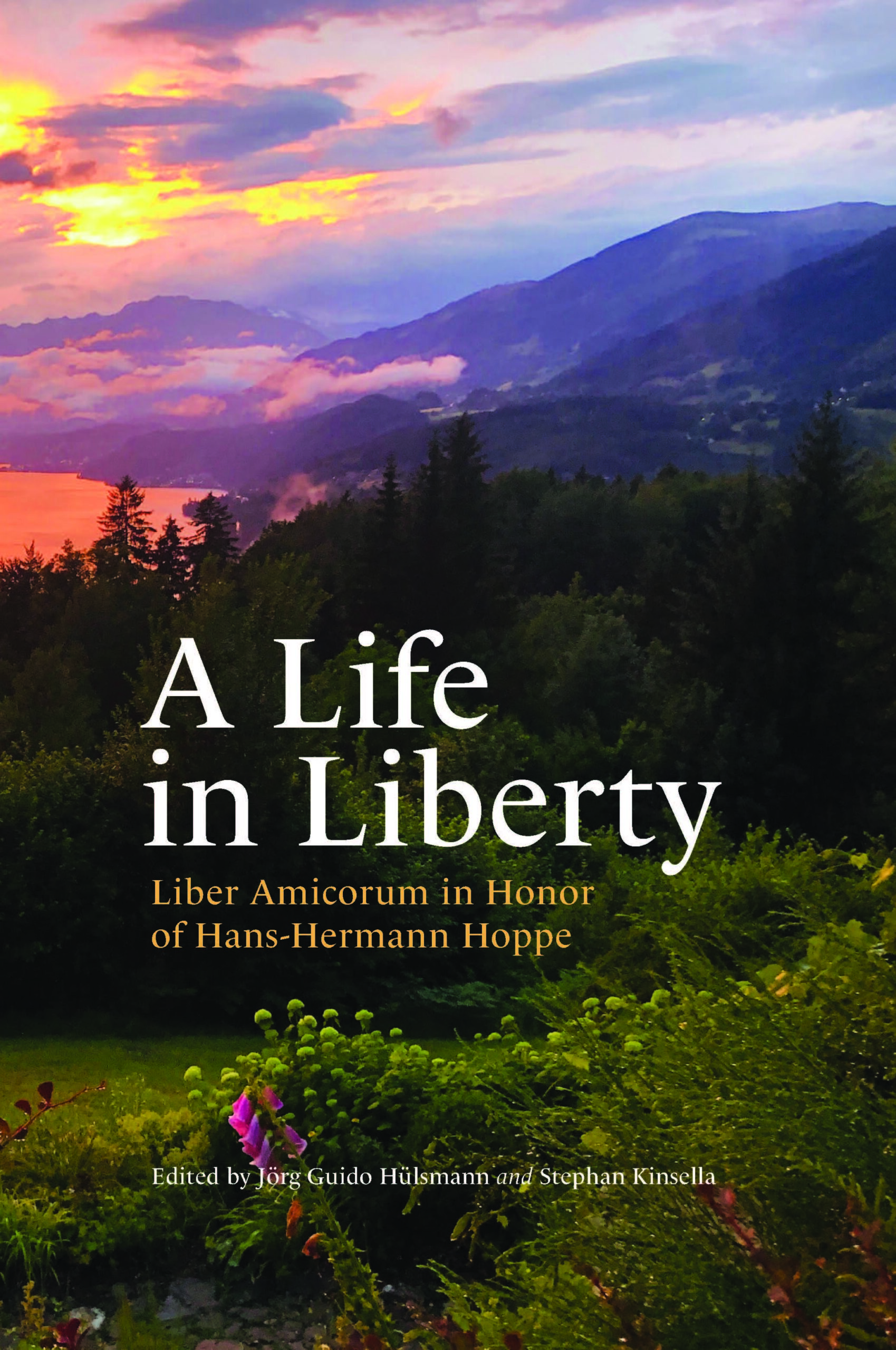
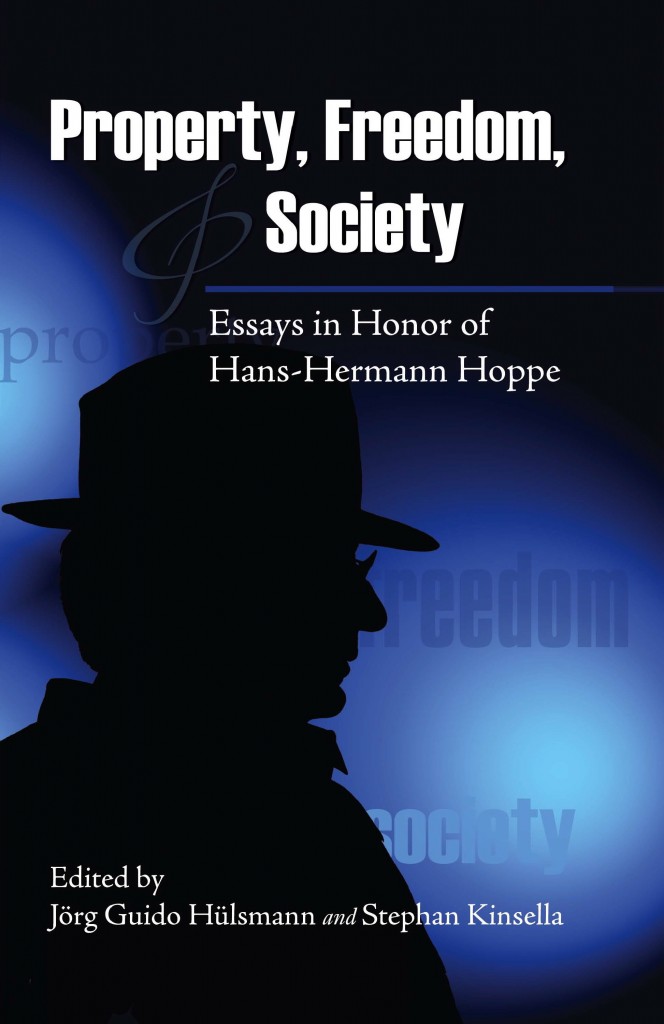
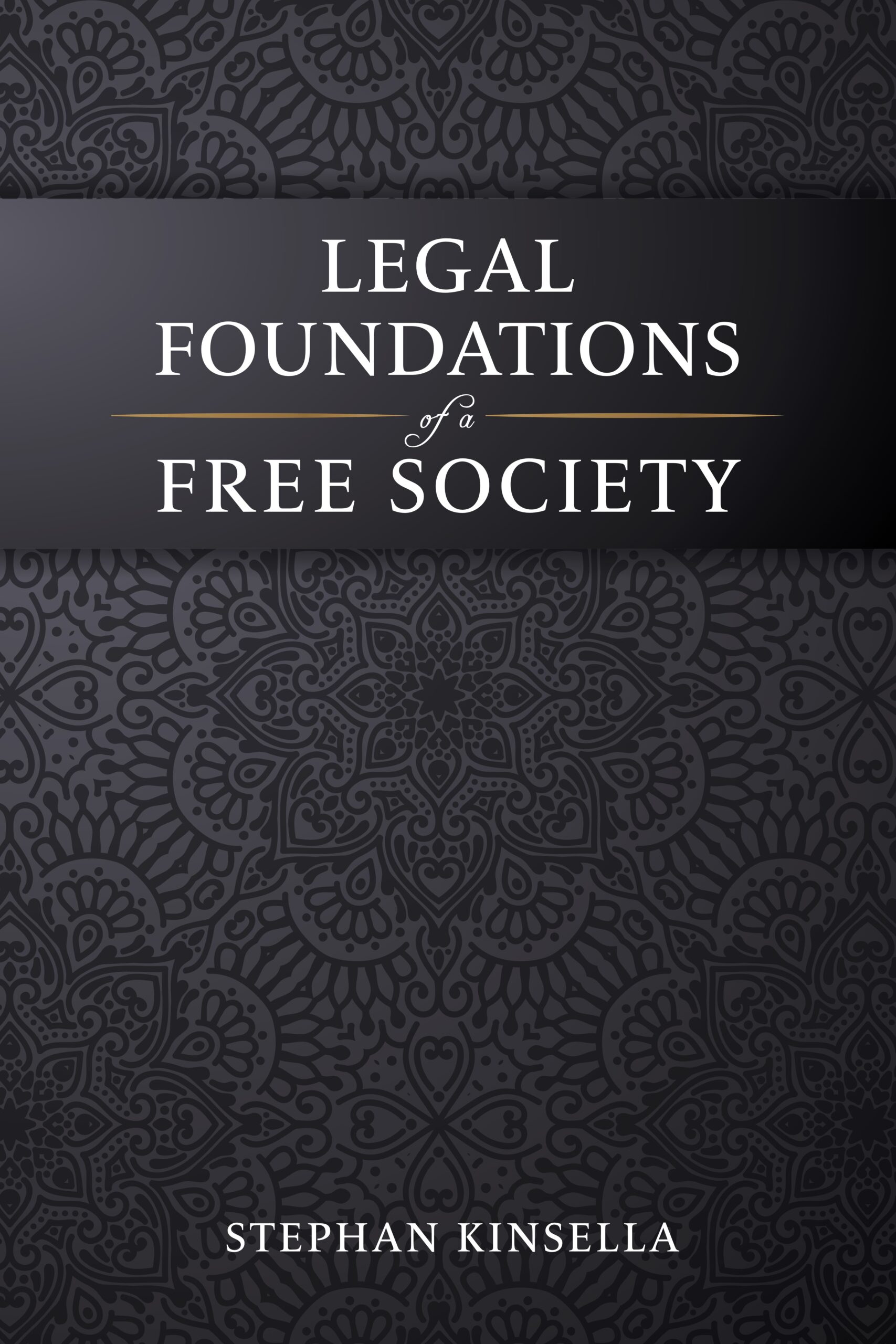
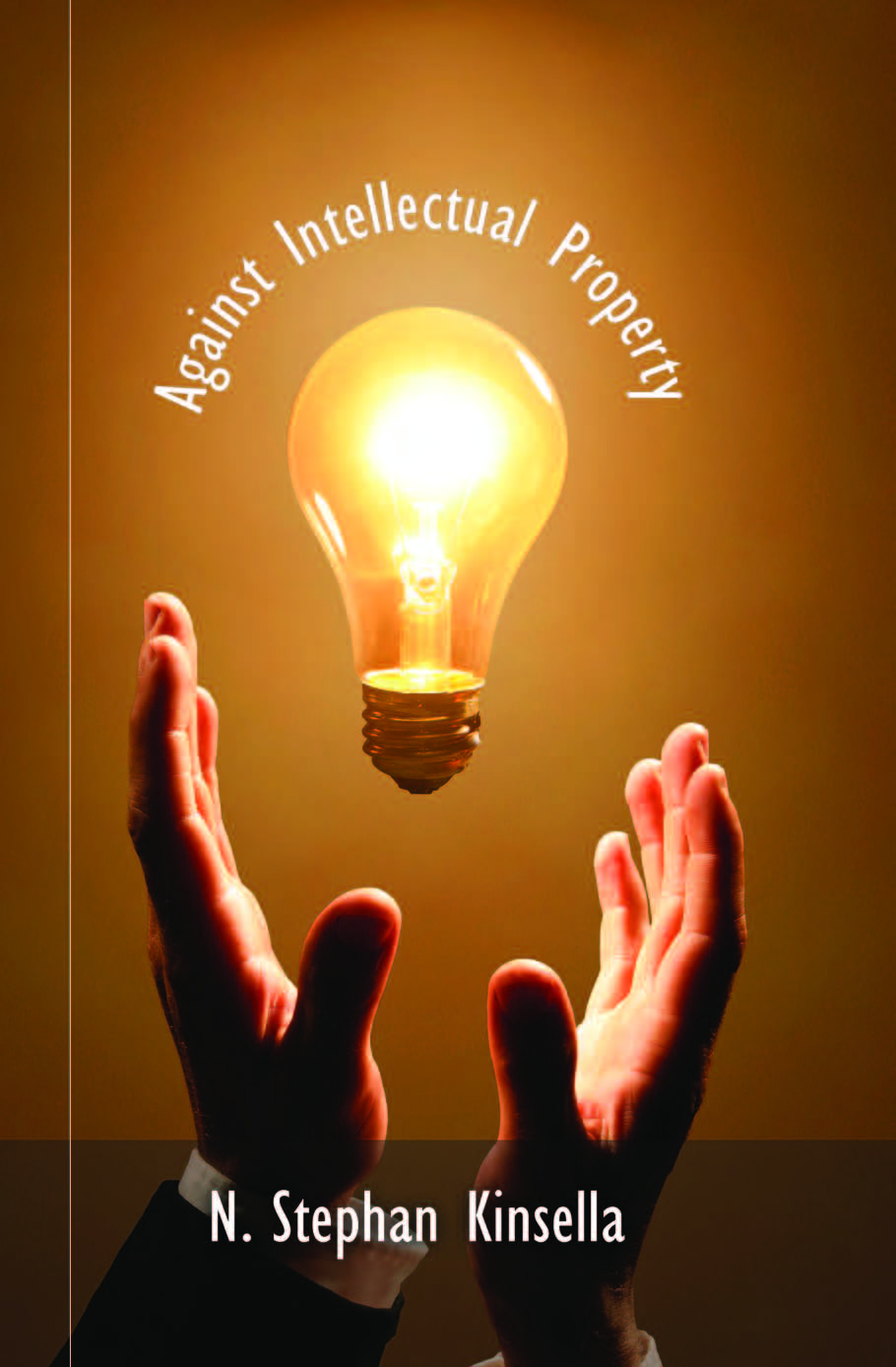
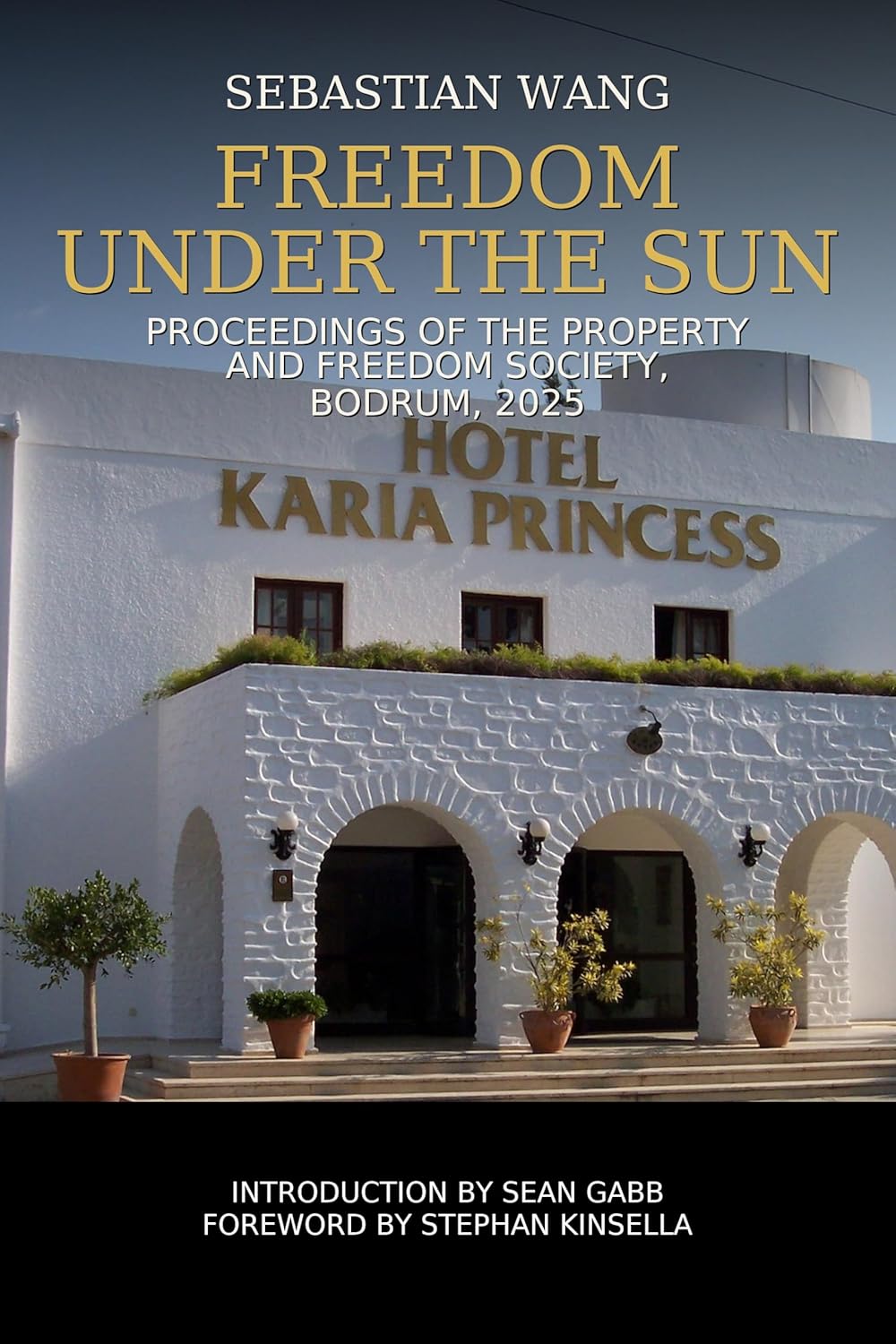
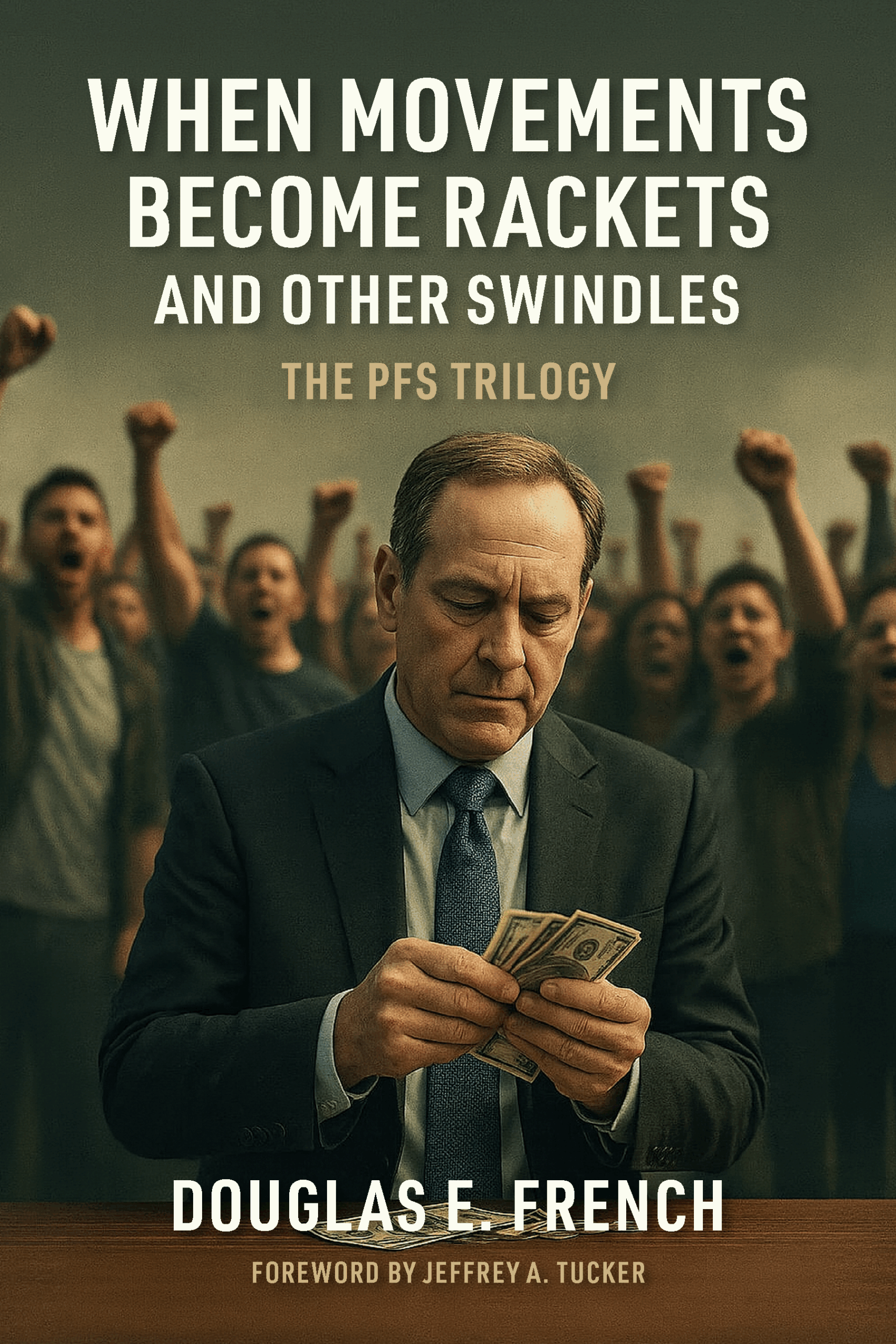


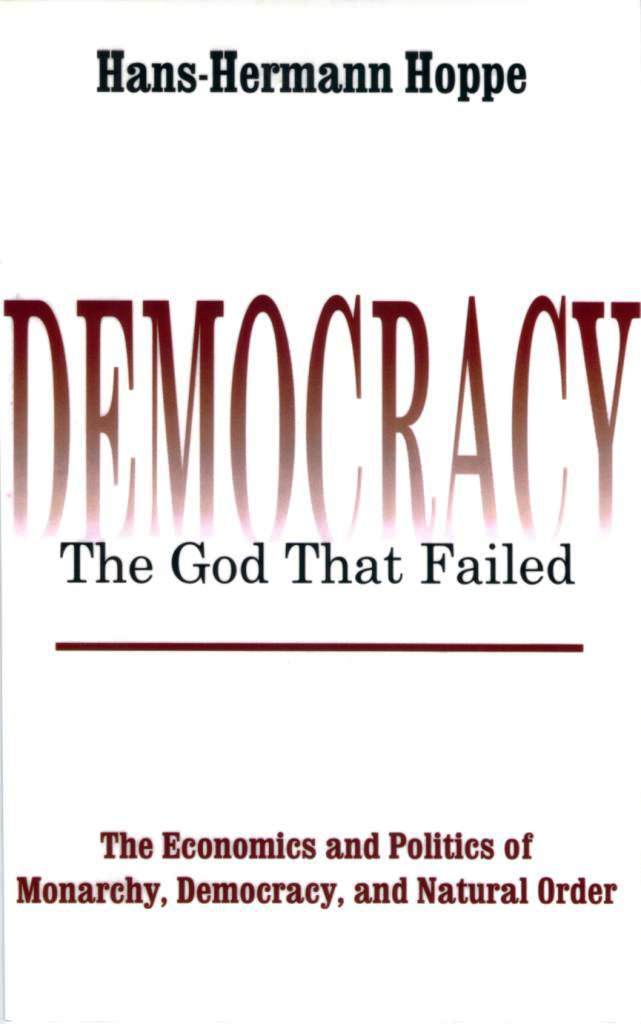


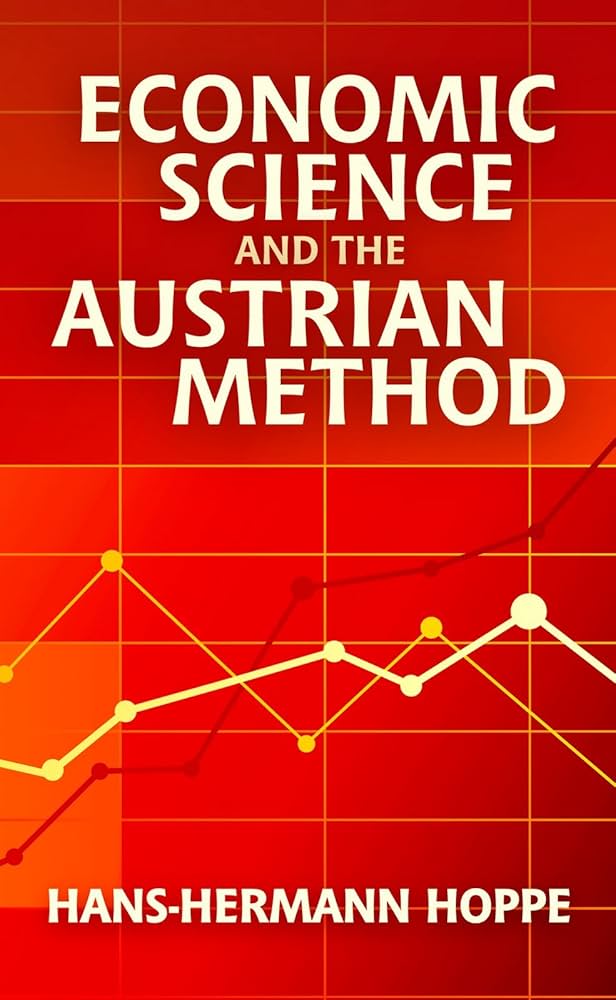
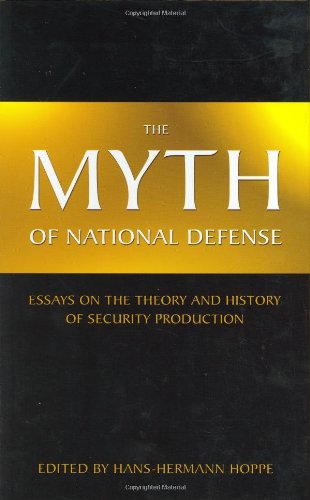
You must log in to post a comment. Log in now.